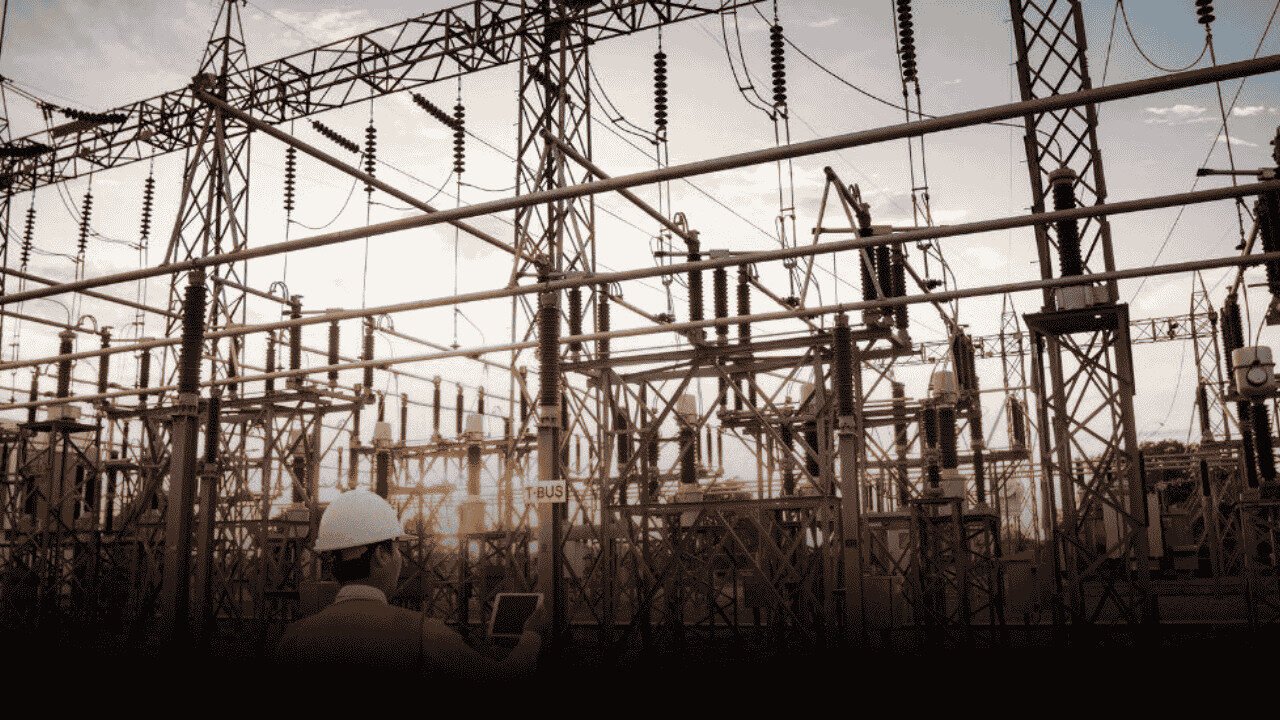By Ayesha Saba
The Dhabeji grid station project, which is part of the government’s Public Sector Development Programme, is now 80% complete. Set to be fully operational by December 2025, this project is a key step in improving Sindh’s power transmission network.
The 220/132kV GIS Dhabeji grid station project has reached 79.77% physical and 87% financial completion as of September 29, 2025. This steady progress is set to help complete the project on time, with a total cost of Rs6.17 billion. The station is expected to be fully functional by December 31, 2025.
The project is progressing well in several key areas. Design and engineering work is almost complete, at 95%, while procurement and shipment of equipment have reached 85%.
Civil works are at 83.5%, and installation and erection are progressing at 70%. However, testing and commissioning are still in the early stages, with just 18% completed.
Supporting Transmission Line Project
Alongside the grid station, the associated 220kV transmission line project has also made impressive progress, with 79.23% physical and 89% financial completion.
Some components, like tower staking and release activities, have been finished, while civil works are 80.5% complete. Tower erection and stringing are both steadily progressing at 59.6% and 62.86%, respectively.
Boosting Power Supply for Karachi and Dhabeji
The Dhabeji grid station and its associated transmission lines are expected to play a major role in improving power reliability in Karachi and the Dhabeji industrial zones.
Once complete, these projects will enhance voltage stability and transmission efficiency, which is essential for supporting industrial growth and regional development.
A Step Towards Modernizing Pakistan’s Power Infrastructure
The Ministry of Energy (Power Division) highlighted that the Dhabeji project is part of Pakistan’s broader efforts to modernize its national transmission infrastructure.
This initiative aims to reduce system losses and support industrial expansion as part of the government’s energy security agenda.
Author Profile
-
Ayesha Saba is an economic journalist advocating for Pakistan's shift from unstable farming to high-value sectors.
Her sharp analysis of the central bank's report spotlights tourism and technology as vital engines for job creation and resilience, urging urgent policy pivots toward a **diverse and sustainable future.





